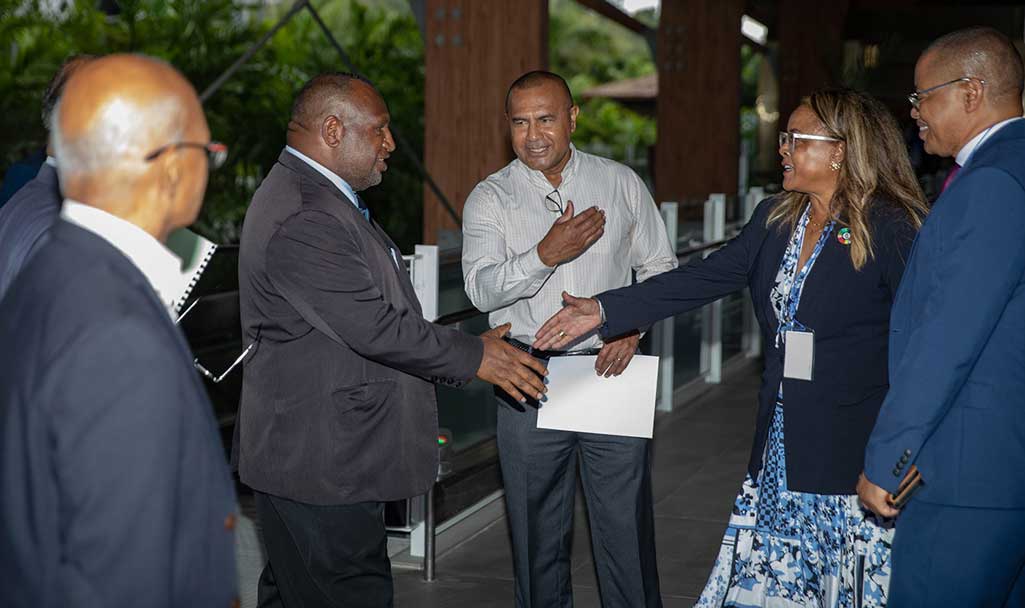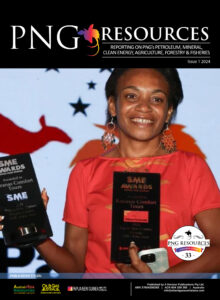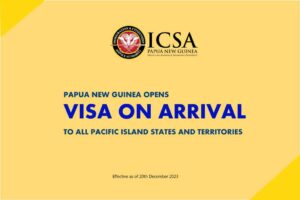IFC, Government, Private Sector Discuss Renewable Energy Investment in Papua New Guinea

Papua New Guinea’s public and private sectors, development partners, the World Bank, and the International Finance Corporation met yesterday to discuss innovation in the country’s electricity sector, focusing on renewable energies.
The one-day workshop was opened by the Prime Minister, Honourable James Marape. Papua New Guinea is a producer and exporter of oil and gas but at least 53 per cent of its energy consumption comes from renewable sources.
“My government’s public policy on energy is to use clean sources of energy that are reliable, sustainable, and low-cost to the people. That is why we have established the National Energy Authority to regulate the sector. The state-owned enterprise, PNG Power Limited, can operate as just an energy service provider”, Prime Minister Marape said. “Papua New Guinea has a lot of clean energy sources that have the potential to generate sustainable, reliable, and low-cost clean energy to cover 70 percent of the country’s electricity demand by 2030. I look forward to hearing the outcomes of this workshop”.
While 60 percent of Papua New Guineans have access to some form of electricity, only an estimated 13-15 percent of the country’s growing population have access to on-grid electricity.
“Despite having tremendous renewable energy potential, be it solar, wind or other sources, there has been relatively limited progress in the provision of electricity for the people of Papua New Guinea”, Judith Green, IFC Country Manager for Australia, New Zealand, Papua New Guinea and the Pacific Islands, said. “Through this workshop, IFC hopes, with the participation of key stakeholders, to collectively identify tangible ways to unlock this potential, through a combination of reforms and investments, and to expand access to reliable, green energy.”
Workshop participants discussed various potential solutions for the sector, such as introducing concessions for smaller grids; allowing self-generation; introducing an independent system operator; establishing a single buyer for energy producers; and developing common use infrastructure for projects in green hydrogen, an area where the country may have great potential.
IFC, through the support of the Australian and New Zealand governments, has been involved in Papua New Guinea’s energy sector for a number of years – the Lighting PNG program, for example, has helped provide off-grid access to lighting and mobile charging for more than two million people across the country. At present, IFC is also helping the utility, PNG Power Limited to design public-private partnerships for five provincial cities, based on solar energy generation.





